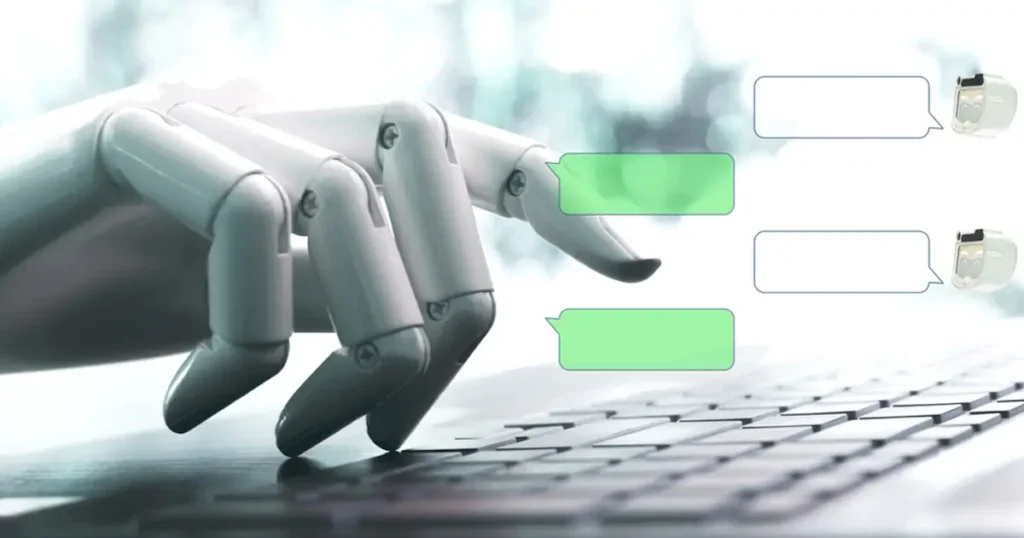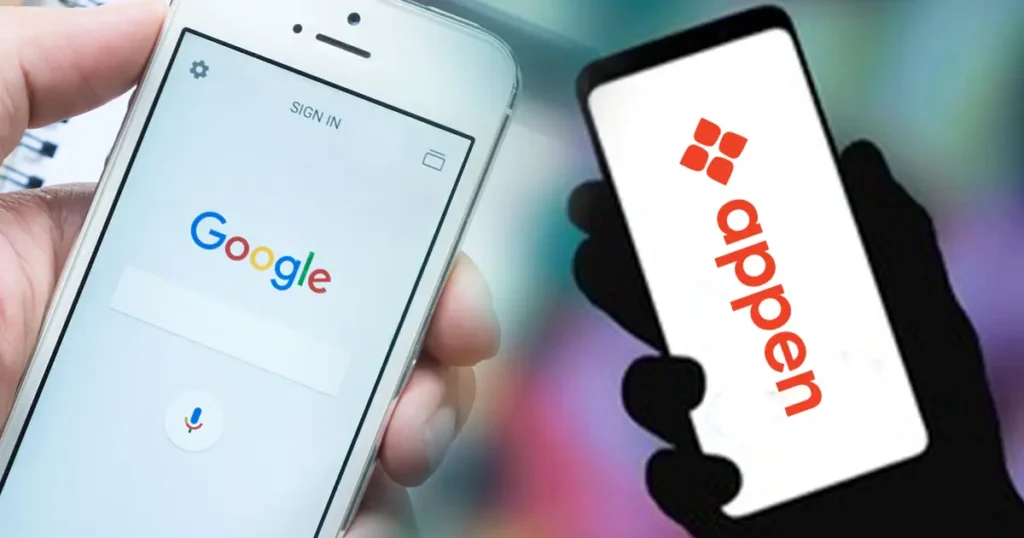Contract workers in San Francisco who were in charge of training Google’s AI chatbot face the difficulties that have come to light due to their recent termination.
They are now more concerned about the possible risks of AI and its effects on society than just their struggle to get better wages and working conditions.
We will examine in this blog these employees’ challenges, the ethical implications of AI development, and the need for fairness and ethics.
Let’s find out more!

The Situation of Contract Workers
Six employees claim that Appen, a company that supplies contract workers for Big Tech companies, illegally terminated them in a complaint submitted to the National Labour Relations Board (NLRB).
Before being dismissed, these employees had been fighting for over a year for better compensation and working conditions.
They were fired just two weeks after one of the well-known worker activists wrote to Congress about the possible risks Google’s chatbot Bard presented.

AI Chatbot Training Challenges
The employees highlighted many difficulties with developing AI chatbots, including a lack of time for response evaluation.
Further, rushing through the procedure might result in a poor evaluation of lengthy responses, thus lowering the performance quality of the chatbot.
The workers’ worries about being exploited and receiving a defective and unsafe product present significant issues regarding AI technology’s ethical development and use.

The Role of Appen And Google
These contract workers’ job circumstances, including their compensation, benefits, and duties, are under Appen’s control as their employer.
Google spokesperson Courtenay Mencini said, “The issue is between the employees and Appen, but we acknowledged the employees’ freedom to form a union or participate in organizing efforts.”

The Society’s Growing Concerns About AI
The contract employees’ situation indicates a more significant issue over the quick adoption of AI techniques and their possible results.
Moreover, AI researchers, legislators, and tech activists have raised concerns about bias in technology, cybercrime, job displacement, and the need for human supervision over AI systems.
What started as a battle for better working conditions has evolved into a serious debate about how AI will affect society.

AI Development Ethics
The rise of AI has caused fierce rivalry among the world’s largest IT companies, like Google and Microsoft, to create and incorporate AI technologies into their businesses.
However, AI ethics experts are concerned about this race’s rapid growth and competitive characteristics. Opinions on training data and AI chatbots’ incorrect information highlight the industry’s ethical issues.
Addressing these biases is essential for ensuring ethical AI development.
Industry-Wide Standards Are Required
The situation involving the San Francisco contract workers is a wake-up call for creating industry-wide norms and guidelines for AI development.
Companies should establish clear standards for treating workers and ensure that AI technologies are created with safety and social responsibility in mind by creating rules of ethics.
Standardization may also solve problems with fair compensation and manageable workloads, promoting a better working environment for everyone.

Employee Empowerment And Accountability
It is critical to provide employees with the freedom to express their concerns without worrying about retaliation to overcome the inequality of power between IT industry giants and contract workers.
Protections for whistleblowers, equal wage procedures, and unionization efforts can reduce exploitation and ensure corporate responsibility.
Moreover, the IT sector can build a more just and sustainable future for AI development by encouraging a culture of transparency and ethical responsibility.
The many artificial intelligence technologies and research efforts created by Google are called Google AI, also known as Google Artificial Intelligence. It includes various technologies and applications, including computer vision, natural language processing, and machine learning.
Google’s experimental conversational AI chat service is called Bard. The primary difference between it and ChatGPT is that the information used by Google’s service will come from the web.
AI chatbots are trained through a variety of methods. In supervised learning, a popular technique, human trainers give labelled data and direct the chatbot’s responses.
Another technique is reinforcement learning, in which the chatbot interacts with its surroundings and learns through making mistakes.
Additionally, unsupervised learning may teach chatbots to find patterns and connections in unstructured data.
You may improve your abilities and expertise in AI by pursuing suitable education, such as a degree in computer science or artificial intelligence.
Additionally, you may become skilled at training AI models and functioning as an analyst by participating in AI contests, obtaining practical experience through projects, and staying up to speed with the most recent research.




